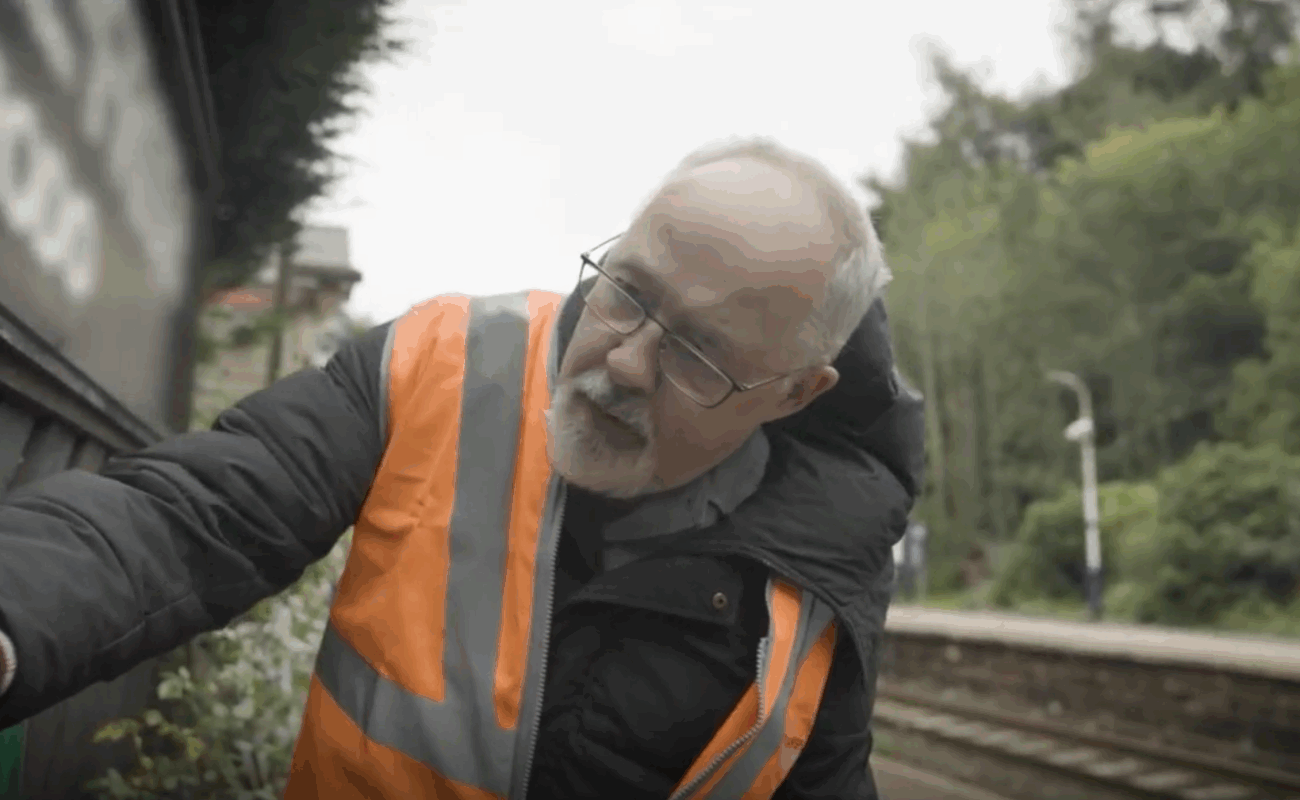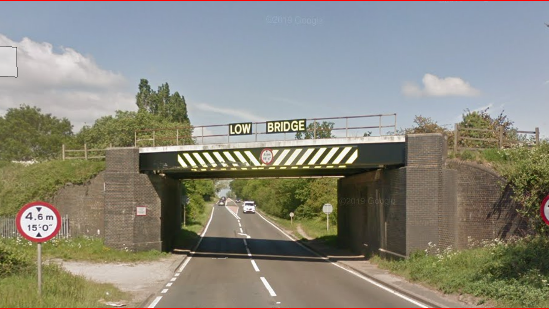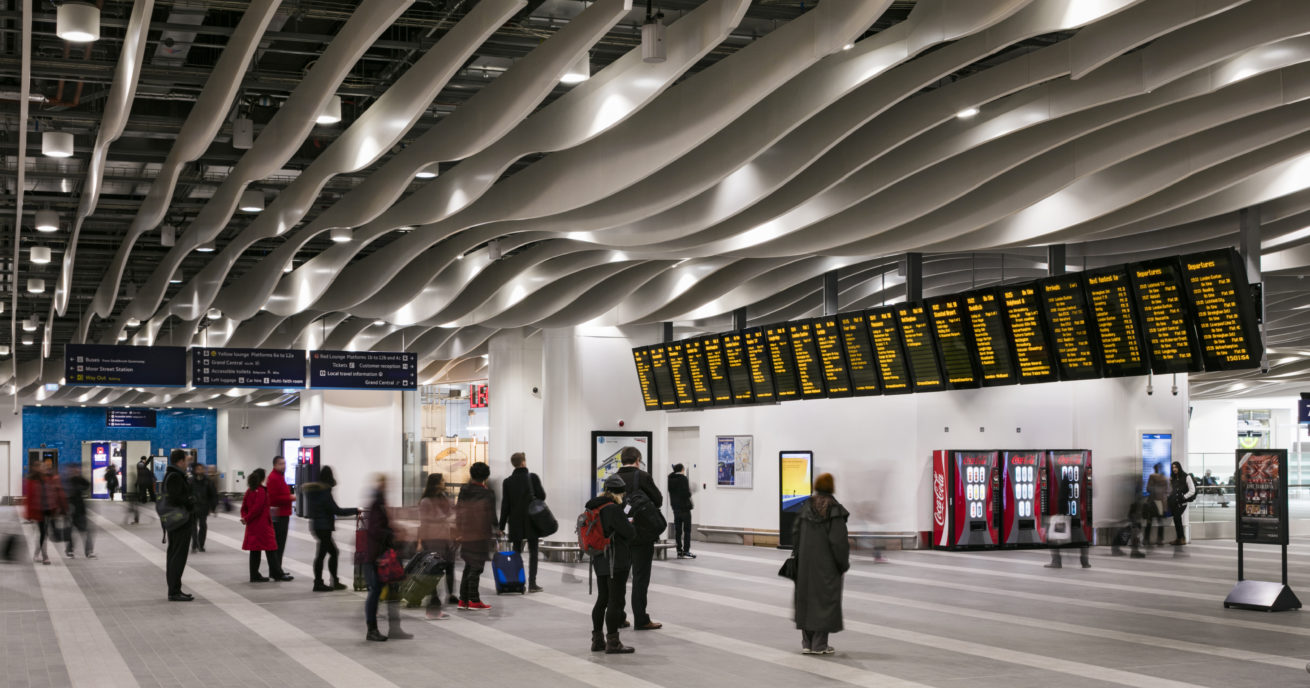This World Suicide Prevention Day (10 September), we’re reminding you to recognise the vital role you can play in saving lives by learning how to spot when someone may be in emotional distress near the railway – and how to safely take action.
It comes as we mark the 15th anniversary of our partnership with Samaritans, which has transformed how the rail industry has dealt with vulnerable people around the rail network. Over the past year, the number of life-saving interventions on our railway rail network has increased by 18% to 2,284, highlighting the continued impact of this collaboration.
Don Coffey, a train driver for TransPennine Express and a lifelong rail enthusiast, knows the importance of looking out for others after helping a member of the public in distress. He offers a warm look into his life and shares his experience:
The partnership gives specialist training for rail staff and raises public awareness about suicide prevention through national campaigns, research and guidelines that promote responsible reporting of suicide in the media.
It also teaches people to recognise the signs that someone may need help and equips them with safe ways to intervene – ranging from simply talking to the person to contacting professional support services.
Louise McNally, suicide prevention lead at Network Rail, said: “The number of life-saving interventions on the railway has doubled since the partnership first began in 2010, a powerful demonstration of the impact of our partnership with Samaritans across the rail network. Don’s story is a reminder that the railway is not just a place of work or travel, but also a community where small acts of compassion can truly save lives.
“Our Rail Suicide Prevention Programme helps the entire industry to respond effectively to people in distress, while also providing invaluable support to staff involved in these difficult incidents.”
Dave Brown, head of rail programme at Samaritans, said: “Since 2010, Network Rail and Samaritans have been working together to ensure that fewer people die by suicide on the rail. As demonstrated in Don’s story, we know that 67% of people in the UK would appreciate someone checking on them, offering words of support, if they were struggling to cope.
“As part of our partnership we equip both rail staff and the public with the confidence to approach someone they may think is in distress. By doing this, they could save a life.”
To date, more than 31,000 rail employees and British Transport Police officers have been trained in suicide prevention techniques through the Samaritans’ ‘Managing Suicidal Contacts’ course. This training has enabled staff to recognise the signs of someone in distress and offer help in critical moments.
If you’re struggling with your mental health, or know someone in need of support, contact the Samaritans by calling 116 123 or visiting www.samaritans.org.




